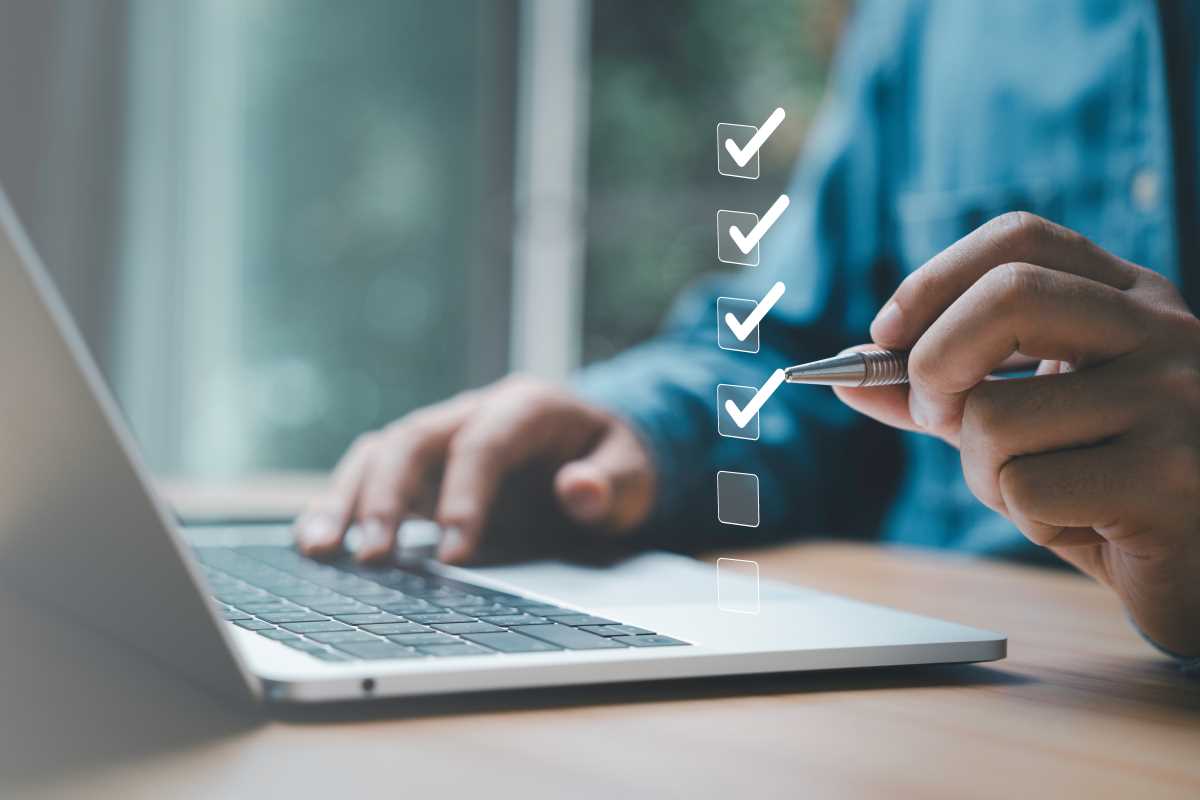Workplace stress is a common experience for many individuals, and it can have a profound impact on job performance, overall productivity, and well-being. Left unchecked, stress can lead to burnout, lower job satisfaction, and even physical health problems. While it’s impossible to eliminate all stress from your professional life, implementing effective coping strategies is essential for managing stress levels and maintaining a healthy work-life balance. Here are some practical strategies to help you cope with workplace stress and improve your mental and emotional well-being:
1. Recognize Your Stress Triggers
The first step in managing workplace stress is recognizing the sources of that stress. Whether it's tight deadlines, interpersonal conflicts, job insecurity, or a heavy workload, understanding your specific stress triggers can help you address them more effectively. Some people may be more stressed by ambiguity in their role, while others might feel the pressure from constant interruptions or a demanding boss. Once you identify what’s causing your stress, you can take targeted actions to reduce its impact.
For instance, if tight deadlines are a major trigger, learning better time management techniques or discussing workload concerns with your supervisor can help. If difficult relationships with colleagues are a source of stress, developing conflict resolution skills or setting boundaries can provide relief.
2. Practice Mindfulness and Relaxation Techniques
Mindfulness is a proven method for reducing stress and anxiety by bringing attention to the present moment. Taking short breaks throughout the day to practice mindfulness can help you decompress and refocus. This can be as simple as taking five minutes to close your eyes and focus on your breathing. Deep breathing exercises or meditation can help lower your stress levels by calming the nervous system and bringing a sense of control over your reactions.
You can also engage in simple mindfulness techniques like progressive muscle relaxation or guided imagery, both of which help you let go of tension and reduce anxiety. If possible, spend a few minutes walking outside or sitting in a quiet space to clear your mind and regain focus.
3. Set Clear Boundaries
In today’s hyper-connected world, many employees feel the pressure to be available 24/7, but this can be a significant source of stress. Establishing boundaries between your work and personal life is crucial for preventing burnout. Avoid checking work emails or taking work-related calls outside of your designated office hours, unless absolutely necessary.
One way to reinforce boundaries is by setting clear expectations with your supervisor and colleagues about when you’re available for work-related matters. Similarly, when you’re off the clock, commit to fully disengaging from work so you can recharge and maintain a healthy work-life balance.
4. Stay Organized and Prioritize Tasks
An overwhelming workload or disorganized workspace can quickly add to your stress levels. To mitigate this, stay organized by creating daily to-do lists, prioritizing tasks based on urgency, and breaking down large projects into smaller, manageable steps. By structuring your workload in a way that feels more achievable, you can enhance your productivity while reducing the sense of chaos that fuels stress.
Using tools such as project management software, calendars, or even just a well-structured notebook can help keep your tasks and responsibilities in order. Staying organized also allows you to anticipate potential stressors and allocate time accordingly.
5. Seek Support from Colleagues or Professionals
Workplace stress can sometimes feel isolating, but it’s important to remember that you’re not alone. Building a support network at work can provide emotional relief and practical advice. Don’t hesitate to reach out to trusted colleagues, mentors, or supervisors when you’re feeling overwhelmed. Having open and honest conversations about your stress levels and challenges can sometimes lead to more support, understanding, or adjustments to your workload.
Outside of work, consider seeking help from a professional therapist or counselor who can provide you with coping strategies and a safe space to talk about your experiences. Many companies offer Employee Assistance Programs (EAPs) that provide confidential counseling services to help employees manage stress and mental health concerns.
6. Take Regular Breaks
Taking regular breaks during your workday is essential for maintaining your focus and reducing stress. Research shows that taking short breaks, especially during mentally demanding tasks, helps to reduce fatigue and improve concentration. Whether it’s a quick walk around the block, a coffee break, or a few minutes of stretching, stepping away from your desk can help you recharge both mentally and physically.
Scheduling longer breaks during the day, such as lunch breaks where you actually leave your desk or workspace, can also make a big difference. Avoid eating lunch at your desk—use this time to relax and take a mental break from work.
7. Practice Self-Care Outside of Work
How you spend your time outside of work can significantly affect your ability to cope with workplace stress. Prioritizing self-care activities, such as getting regular exercise, eating a nutritious diet, and getting adequate sleep, can help improve your resilience to stress. Physical activity, in particular, is known to reduce stress hormones and increase the production of endorphins, which can naturally lift your mood.
Make time for activities that bring you joy and relaxation, whether it’s spending time with loved ones, engaging in hobbies, or simply taking time for yourself. Creating a strong foundation of health and well-being outside of work will make it easier to cope with stress when it arises in your professional life.
8. Learn to Say No
Overcommitting can be a significant source of workplace stress. Learning to say no is essential to protecting your time and energy. If you’re already overwhelmed with tasks, politely declining additional responsibilities or asking for support can help prevent you from burning out. Be assertive, but respectful, when explaining your current workload to colleagues or supervisors.
Taking Charge of Your Mental Health at Work
Workplace stress is an inevitable part of most jobs, but it doesn’t have to overwhelm you. By recognizing your stress triggers, practicing mindfulness, setting boundaries, staying organized, seeking support, and taking care of your mental and physical health, you can effectively manage stress and create a healthier, more balanced work environment. Ultimately, prioritizing your well-being is not only good for you, but it also makes you a more productive and focused employee. Remember, managing stress is an ongoing process, so continue to evaluate your strategies and make adjustments as needed.






